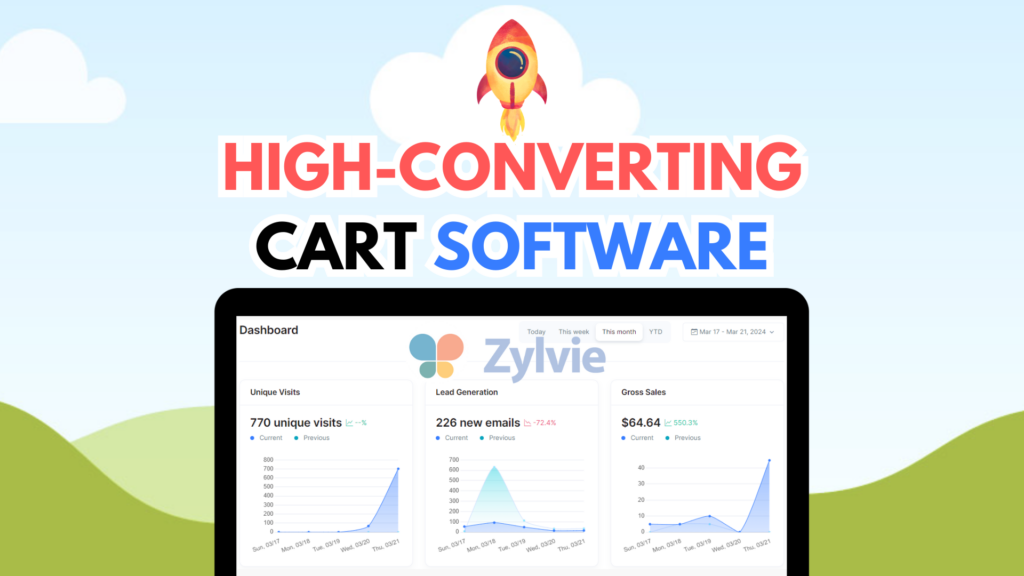Make the 80/20 Rule Work for Your Online Marketing Efforts
Make no mistake about it, the 80/20 rule applies not only to online marketing efforts but to all aspects of your life, seriously. Whether it’s your love life, your financial life, your career, your education endeavors, even your spiritual life, the 80/20 rule always applies. You’ve probably heard of the 80/20 rule. In case you haven’t, here’s a quick recap. The 80/20 rule states that 20% of your activities produces 80% of your results.  Put in another way, 20% of the things you do produce most of the good things in your life. Logically speaking, you should be expanding that 20% so that it turns into 80% or 100 % of your activities, and then either minimize or completely eliminate the rest of the 80% that only accounts for the 20% of the results. The 80/20 rule is so powerful because it has been proven to be true again and again. It applies to all sorts of statistical samples. For example, 20% of the population own 80% of the wealth. This applies to almost all societies on the face of planet Earth. 20% of children produce 80% of academic achievements and excellence. 20% of guys get 80% of the girls in terms of attraction. There’s so many situations you can apply the 80/20 rule and it’s ride on all the time. There’s just something to this formula that its time and experience has proven to be right again and again. This is why it’s very important for you to benefit from that 80/20 rule in your efforts to make money online, whether you are selling e-books, selling services, or you’re an online Freelancer, or you sell software. Whatever it is that you do online to make money, you can use the 80/20 rule to maximize your productivity, increase your conversions, and best of all, get more value for your time. At the end of the day, time is all we have. We need to make the best use of our time because life is short. I can’t emphasize that enough. Here are just some ways you can use the 80/20 rule to turbo-charge your online marketing activities.
Put in another way, 20% of the things you do produce most of the good things in your life. Logically speaking, you should be expanding that 20% so that it turns into 80% or 100 % of your activities, and then either minimize or completely eliminate the rest of the 80% that only accounts for the 20% of the results. The 80/20 rule is so powerful because it has been proven to be true again and again. It applies to all sorts of statistical samples. For example, 20% of the population own 80% of the wealth. This applies to almost all societies on the face of planet Earth. 20% of children produce 80% of academic achievements and excellence. 20% of guys get 80% of the girls in terms of attraction. There’s so many situations you can apply the 80/20 rule and it’s ride on all the time. There’s just something to this formula that its time and experience has proven to be right again and again. This is why it’s very important for you to benefit from that 80/20 rule in your efforts to make money online, whether you are selling e-books, selling services, or you’re an online Freelancer, or you sell software. Whatever it is that you do online to make money, you can use the 80/20 rule to maximize your productivity, increase your conversions, and best of all, get more value for your time. At the end of the day, time is all we have. We need to make the best use of our time because life is short. I can’t emphasize that enough. Here are just some ways you can use the 80/20 rule to turbo-charge your online marketing activities.
Figure out your most profitable daily tasks
Your first step in making that 80/20 rule work for you, is to write down all the things that you do every single day. You need to give this a lot of time, because you might be doing stuff that you automatically assume and maybe even neglect because you subconsciously forget about them, but, you’re still doing them. So, you need to be very meticulous. You need to list down everything that you are doing. Now that you have compiled the list, next, you need to write next to it how much money you make from that daily action. It has to be either indirect or indirect, but it cannot be both indirect. For example, if you drink coffee every day, if you really want to argue about it, you can say why you’re drinking coffee gives you energy so that it helps you boost your income. That’s too far removed, so the better answer is that, coffee don’t really produce income. So, you need to be honest with yourself and write down the income that you produce right next to the daily action. If it is not direct income, what kind of income producing action does that daily actions produce? That’s another way of approaching this situation.
On a weekly basis, figure out your most profitable projects
Many people do things both on either a daily basis or weekly basis. If you put together all the things that you do a week, which projects produce the most money? You would be surprised as to where your income centers are. Once again, you cannot leave anything unexamined. You have to not assume anything, just list down everything.
Focus more of your efforts on profitable actions
Once you have clearly identified your most income producing activities, the next step is to make sure that they’re actually profitable. In other words, from an ROI – Return on Investment or Return on Effort perspective, which of your weekly or daily tasks produce the most money? This is profit. There are many situations where people do things and it produces income, but it’s not profit because there are other inputs and other costs that cut into the profit margin of that activity. Focus solely on profitable activities. Once you have identified your most profitable activities, you should then resolve to devote more time and effort on those activities, and minimize less profitable or completely unprofitable activities. The idea is, by expanding that 20% that produces 80% of your results, you can reach a point where you make more money on a consistent basis because you’re focusing on the things that truly matter. You’re focusing on things that are worth doing.
Warning: Remember efficiency
It’s too easy to get caught up in just identifying your profit centers, and going crazy and putting all efforts there. You have to remember that there is such a thing as the point of diminishing returns. In other words, any activity has a saturation point that even if you are to pour more effort and time into that activity, it’s not going to return any more profit. It’s saturated. Be clear about this. Many people who try to use the 80/20 rule to boost their daily productivity, often fail to see this. As a result, they go back to their original position. You can identify the profit’s center, pour everything into it, gain some decent returns, but fail to truly take their operations to a whole higher level. They get stuck, they plateau. Don’t fall into this trap, instead, identify the saturation points of all the profitable tasks and try to get a healthy mix with all these different profitable task and maximize all of them, instead of just fixating on one.
What happens to the 80% that don’t produce results?
Now that you have changed your daily rituals so you can focus more on the 20% that produces the bulk of your income, your attention should now focus on what you’d do with the other 80%. With this remaining task, you really have only three options: you can either delegate, you can outsource, or you can just drop them all together. This begs the question, which course of action should you take? You should delegate tasks that still need to be done. These are tasks that won’t go away, this can either include tax compliance or accounting compliance that you need to delegate. If you can get this type of work done much cheaper and more efficiently, you should outsource. However, if this type of work is just busy work and really can be postponed definitely, you should just drop them all together.
By applying the 80/20 Rule to your efforts at making money online, you stand a good chance of taking your online business to a whole new higher level. Truly successful businesses know about the 80/20 Rule. More importantly, they adopt the 80/20 Rule so it truly maximizes the value that they get from their assets, whether those assets are manpower assets or hard-topical assets, it doesn’t matter. What matters is that, as long as you look at your operations from a strategic perspective, you increase your chances of getting the most bang out of every hard-earned dollar you invest in your operations.






